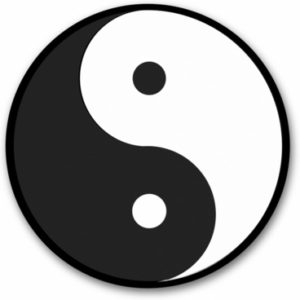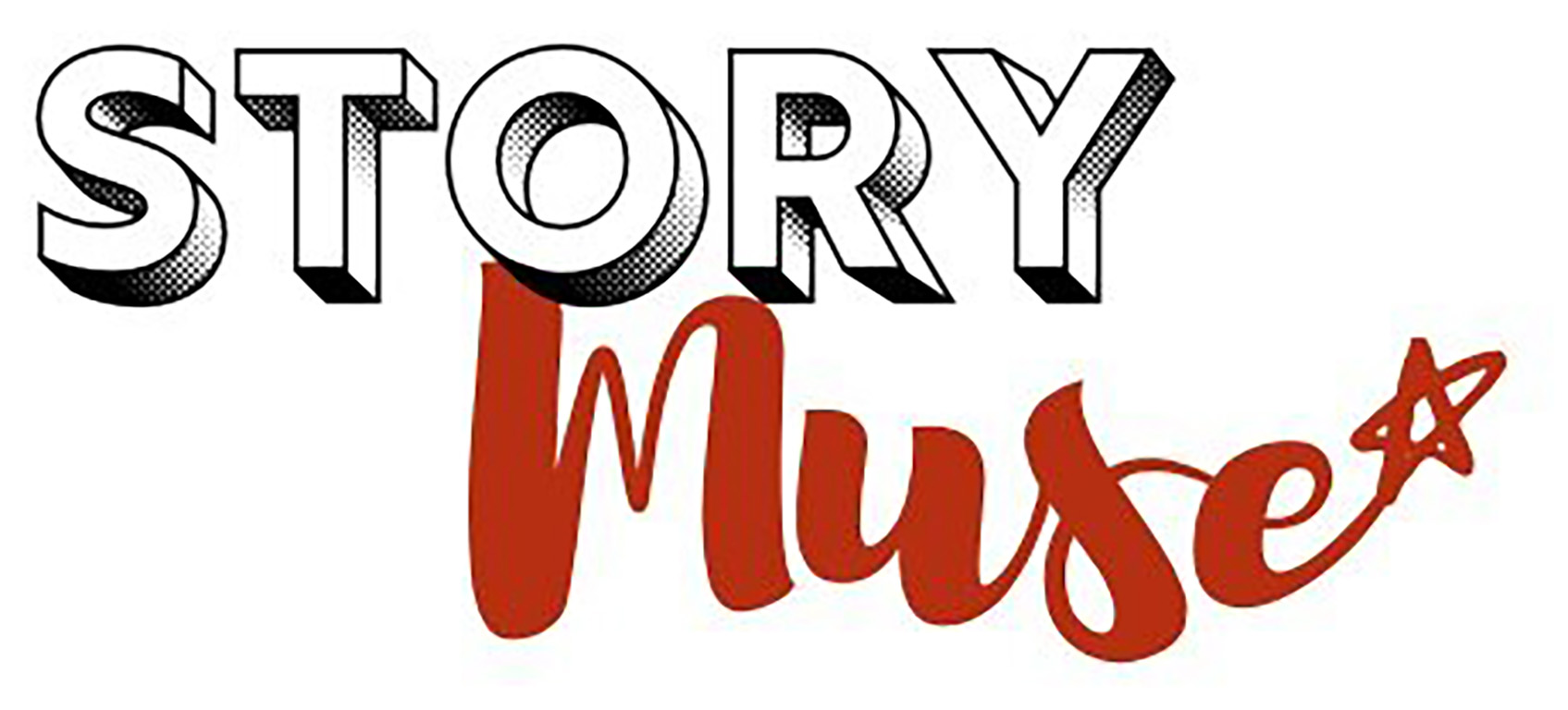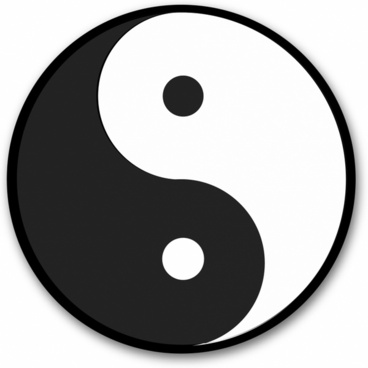Around this time two years ago, I set off to tell some happy stories.
I had just gone through a cycle of work involving grief, helping people tell some of their hardest stories, including the Virginia Tech residency and Trigger Warning. Coming out of that cycle, I was like, Gee, I need a pickmeup. So, I went about asking people if I could help them tell some of their joys and triumphs and #winning moments.
I interviewed Penelope about reconnecting with the daughter she gave up for adoption. Then, I spoke with Lucas, who had lost 200 pounds in one year. I wrapped the Happy Stories project with some dear friends, Erin & Joe, who shared both about their respective journeys through online dating, then their shared journey with fertility treatment.

My huge epiphany in doing this series was something I think I knew all along, but didn’t come to fully appreciate until I’d gone through it (a.k.a. You had the way to get home all along, Dorothy!)
There are no happy stories without some embedded tension, strife, and struggle. Just like all those stories about grief and trauma I help people tell have elements of joy and humor, and many have these fantastic moments of Spoiler Alert: I didn’t die!
After I learned about it, I remember sitting in high school biology class and doodling this symbol all over my notes, along with hearts, flowers, peace signs, and happy faces.

Now beginning to enter into the early phases of perimenopause, this symbol means more to me than it ever has before as I feel firmly planted in the equinox of middle age. No longer young; not quite yet old.
In Chinese philosophy, there’s this symbol which conveys the notion of contradiction between male & female, light & darkness, hot & cold, even old & young. I first learned about it in high school as I watched my friend, Camille, one of the most charismatic, creative people I’ve ever known, doodle on a folder. What’s that? I asked. She talked to me about the power of duality captured in this seemingly simple set of lines and shading. The thing I especially appreciated was when she pointed to the dots, what looked like the eyes of the fish, and said, A little bit of light in every darkness, a little bit of dark in every lightness.
Since I started my practice, I’ve found myself speaking a lot about the power of our stories to shape the trajectory of our lives. Even that the people we surround ourselves with, if filled with toxic negativity, can begin to control our narratives.
However, I was recently struck by this article about harm in false positivity and spiritual bypassing. I especially loved the passage by one of the most luminous spiritual teachers on the planet, Pema Chodron: Feelings like disappointment, embarrassment, irritation, resentment, anger, jealousy, and fear… are actually very clear moments that teach us where it is that we’re holding back. They’re like messengers that tell us, with terrifying clarity, exactly where we’re stuck.
Reading this article made me concerned that I may be appearing to have swayed too far in my messaging, that I could have fallen into that camp of way too happy campers.

We live in a world that asks us to cover up our hardest moments, to only present the Facebook or Instagram-worthy, “zhuzhed” version of ourselves. Unless, of course, we’ve accidentally stumbled onto a reality show, whereupon we are then supposed to become sadly overexposed and have our vulnerabilities turned against us like weapons.
If there’s one thing I’ve learned in my practice, especially in exploring Walks with Grief, but really in all storytelling, it’s that being our most authentic, appropriately vulnerable selves, transparent about where we are at any point in time, makes us better storytellers and better humans. One of the mantras I find myself repeating over and over in workshops and coaching is:
No good story starts with
Seriously. Ask anybody I’ve worked with. It’s kind of a thing with me.
“Everything was always ok.”
And then moves on to
“And I always really good at it.”
And then ends with
“And so nothing changed.”
At the same time, if you’re constantly telling yourself the story of I suck, This always happens to me, It’s just the way my life goes, then you are going to keep co-creating that reality around you.
Lately, there’s been a resurgence of an old Cherokee proverb that’s being used and re-used so much as to make the message become fairly watered down, but I think that it’s popularity speaks to the current cultural moment, the existential battle in which we find ourselves:
An old man says to his grandson:
“There is a battle between two wolves inside us all.
One is evil. It is anger, jealousy, greed, resentment, inferiority, lies, and ego. The other is good. It is joy, peace, love, hope, humility, kindness, empathy, and truth.”
The boy thought about it and asked, “Grandfather, which wolf wins?”The old man quietly replied, “The one you feed, son. The one you feed.”
Cherokee proverb
I hope you are feeling your most authentic self today. That you are listening to all your messengers. That you are feeding the good wolf. That you are tapping into your awareness that your story is exactly where it should be, wherever that happens to be.
Because as my current crush/heavy rotation fodder constantly reminds me,
If I’m shiny,
Lizzo, “Juice”
everybody gonna shine.
Sidenote: I did let myself go through the process of review for being on a reality dating show earlier this year. I ultimately turned them down for a few reasons, including that it was just way too much scrutiny, even for this #VulnerabilityQueen.


Trackbacks/Pingbacks